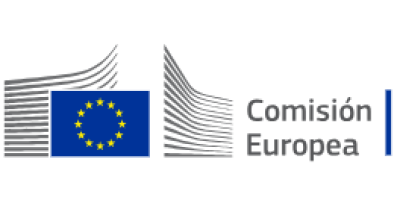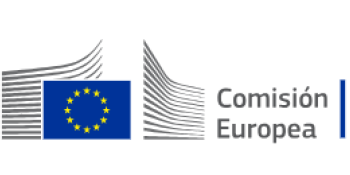
|
The living repository on AI literacy practices is freely available on our website: Living repository to foster learning and exchange on AI literacy The repository includes several examples of ongoing initiatives to foster AI literacy organisations of different sizes providing and/or deploying different types of AI systems in various private and public sectors. The practices provide examples on how to approach the knowledge of different employees (e.g. technical – such as the one of developers, vs. non-technical, such as the one of an administrator or legal officer), but also refers to initiatives for other persons, including vendors, partners, clients. The list of practices is non-exhaustive and will be updated with further practices on a regular basis. While replicating the practices collected in this living repository does not automatically grant presumption of compliance with Article 4, the repository aims to encourage learning and exchange among providers and deployers of AI systems. By publishing the practices, the Commission does not imply either endorsement or evaluation in any way. |
|
An example of EU initiative that could be of support to SMEs is the network of the European Digital Innovation Hubs (EDIHs). EDIHs are 251 one-stop shops across Europe (27 Member States, 3 EFTA countries – Norway, Iceland, and Liechtenstein; 8 associated countries: Albania, Bosnia and Herzegovina, Kosovo, Montenegro, North Macedonia, Serbia, Turkey, and Ukraine), supporting SMEs and public sector organisations to digitalise their processes. 80% of EDIHs already provide services focused on AI, including trainings, workshops, bootcamps for different needs and levels of knowledge of AI. SMEs and public sector organisations can contact EDIHs to receive support with AI technologies and their digitalisation goals more broadly. EDIHs can assist as first help desk on the AI Act and serve as entry points to other EU-funded supporting measures, such as, among others, Testing and Experimentation Facilities (TEFs) or AI Factories. You can find the EDIH closest to you on this catalogue. |
|
In the context of the AI Pact, the AI Office hosts events and webinars to engage the AI community, promote knowledge sharing, and best practices to foster trustworthy AI. You can find all recordings of past events and the announcement of upcoming ones on the dedicated page: AI Pact Events. Further useful material on AI can be freely accessed via the Digital Skills and Jobs Platform, including: |
|
As there is no one-size-fits-all approach for AI literacy, there is also not one unique framework. Below are reported some of the most used frameworks at European and international level, according to their target group.
For all citizens:
For the education sector, teachers and learners:
|
Source URL: AI Literacy - Questions & Answers | Shaping Europe’s digital future

In our News section you will find information about the most relevant events, talks and conferences in the field of artificial intelligence.

Practical guides for compliance with the Artificial Intelligence Act

Questions and answers about the AI ACT: Article 50
We use third-party cookies for analytical purposes, in summary we only use Google Analytics cookies to analyse our traffic.